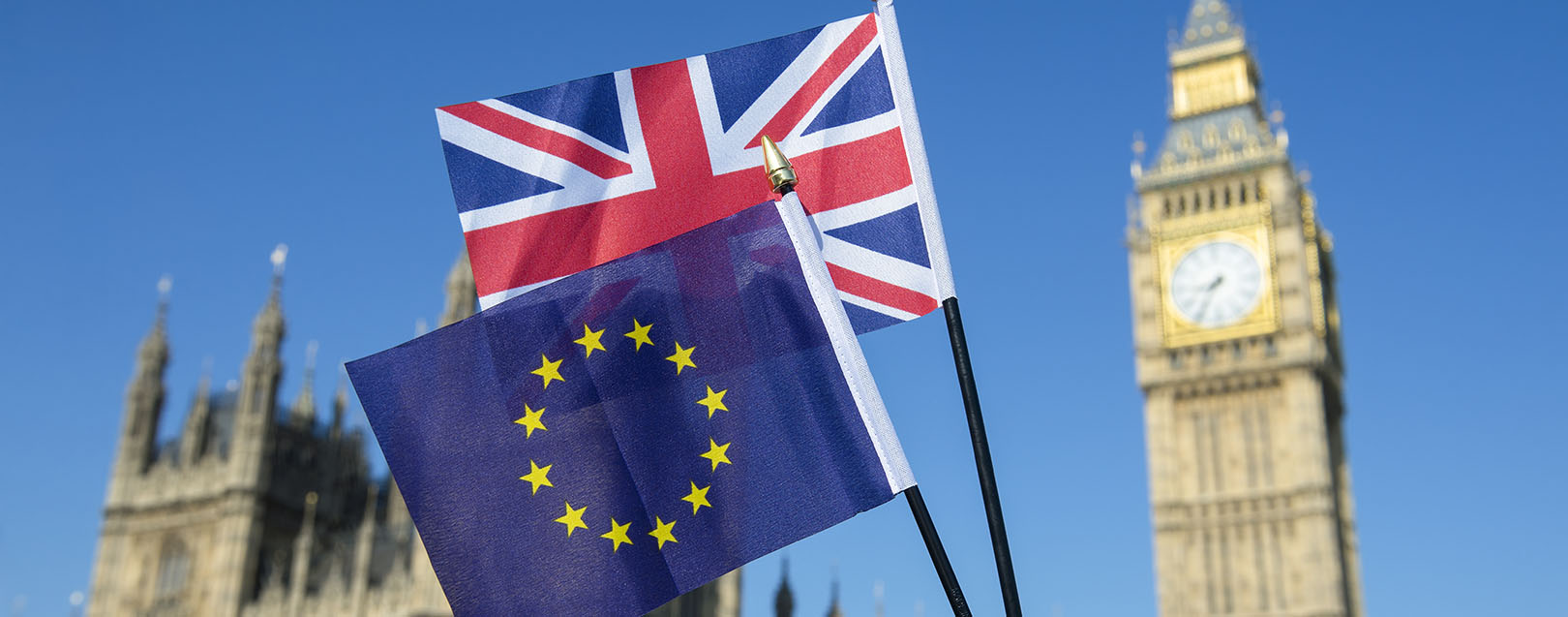
Theresa May wins crucial vote to start Brexit negotiations
The Dollar Business Bureau
UK’s Prime Minister Theresa May has won a decisive vote in the British Parliament that will provide her the authority to officially start Brexit and initiate negotiations for exiting the European Union (EU).
The EU (Notification of Withdrawal) Bill had its last debate and vote on Wednesday to allow May to invoke Article 50 of Lisbon Treaty to start a 2-year period of discussions for Britain’s new deal to leave the 28-member trace bloc by 2019.
The draft legislation was passed by 494 votes against the 122, and has now been forwarded to the House of Lords.
Shadow Secretary of State for Business, Clive Lewis, was among the 52 MPs from the Labour party challenging the party orders of supporting the Bill. He later resigned from the front bench.
Till now, the bill had cleared two days of debate in the UK Parliament’s Lower House without being altered.
The leader of opposition, Jeremy Corbyn of Labour Party, had directed his MPs to cast their votes in favour of the Bill irrespective of any amendments done.
However, Corbyn faced party rebellion for the second time after 49 MPs had challenged the decision at the last voting earlier this month.
Even May has also faced rebellion of around a dozen of her party’s MPs, who are likely to go against the party’s whip to vote for the EU citizens’ rights living in the UK to be assured before the negotiations start on Brexit.
After the bill has been passed by the House of Commons, it will now be put to debate in the House of Lords when it comes back from recess on February 20, where it is likely to be given the final approval.
The bill was tabled in the Parliament when the Supreme Court had ruled last month that the MPs and peers must be given chance to say before Lisbon Treaty’ Article 50 could be triggered.
The Court had rejected the government’s argument that the Prime Minister had adequate executive powers to trigger the Brexit without Parliament consultation.





